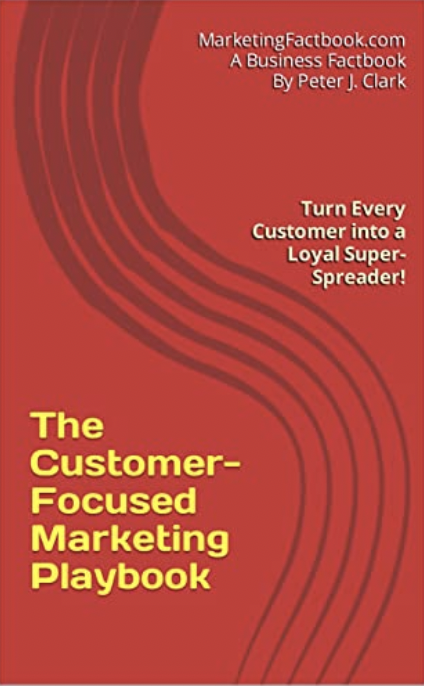UK consumers prefer to shop online than in stores
Two-thirds browse online stores, looking for bargains
E-commerce continues to ravage the UK's High Street retail market as more than half of the country's consumers (51%) admit they now prefer to shop online than in-store, while 55% also said they were shopping more online than one year before, according to research from e-commerce search and navigation specialist EmpathyBroker.
In fact, the British consumer shops online six times per month on average, with 25-34-year olds being the most active, shopping on a retailer's website eight times a month.
The study also identified striking similarities between the sexes with 27% of men and 25% of women shopping online at least once per week. Perhaps surprisingly (due to there being a wide range of retailers in their immediate locality), Londoners were found to be the most active online shoppers in England, indulging in e-commerce retail therapy on an average of seven days each month.
The research also examined the psychology of shoppers and the opportunity afforded to brands to capitalise on consumers through their website experiences. When asked separately how often the following statements applied to them when visiting a website, only 13% of consumers knew exactly what product they want to buy every time they visit an eCommerce website with 42% saying only some of the time.
Almost two thirds of shoppers (65%) like to have a browse or general look around every time or a lot of the time they shop, and online stores are also increasingly becoming a source for shopping inspiration.
A third of all consumers (33%) look for brands to suggest product options or give tips about the latest trends every time or a lot of the time they visit a site. This may explain why 2 in 5 people (43%) said they were more likely to make an unexpected purchase online than in-store.
The research also revealed that after the cost of the product (58%), free delivery and return options (57%), the search function (29%) were the third most important aspect for consumers when choosing to shop on one website over another.
And 61% of consumers use the search option every time or a lot of the time when shopping online, with the research also finding that the quality of a website's search function directly affects the number of sales. In fact, 63% of consumers said they are less likely to make a purchase if the site search isn't good and they can't find what they're looking for.
"As we see more and more consumers going online, and more frequently, this presents a great opportunity for e-commerce retailers but it also means more than ever that they need to get the digital experience right," said Angel Maldonado, Founder of EmpathyBroker. "The search function is becoming increasingly important, and not just as a tool to find something specific but also as a means of inspiration. Moments of joy in digital are very real. They can be achieved when we're pleasantly surprised by something that fulfils our goals, whether that's something we're actively looking for or not."
Sources: EmpathyBroker / The Marketing Factbook.
Copyright © 2018 - 2025 The Marketing Factbook.
Categorised as:
- Customer Experience
- Customer Loyalty
- Knowing The Customer
- Marketing Know-How
